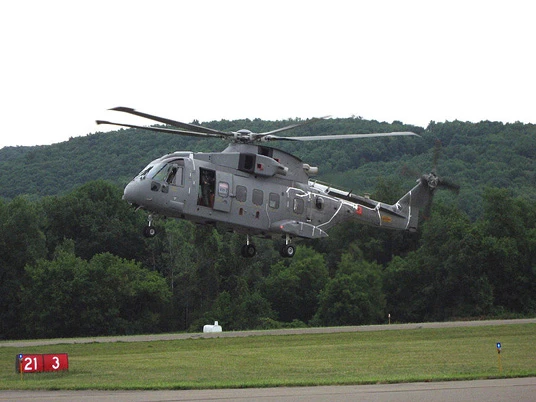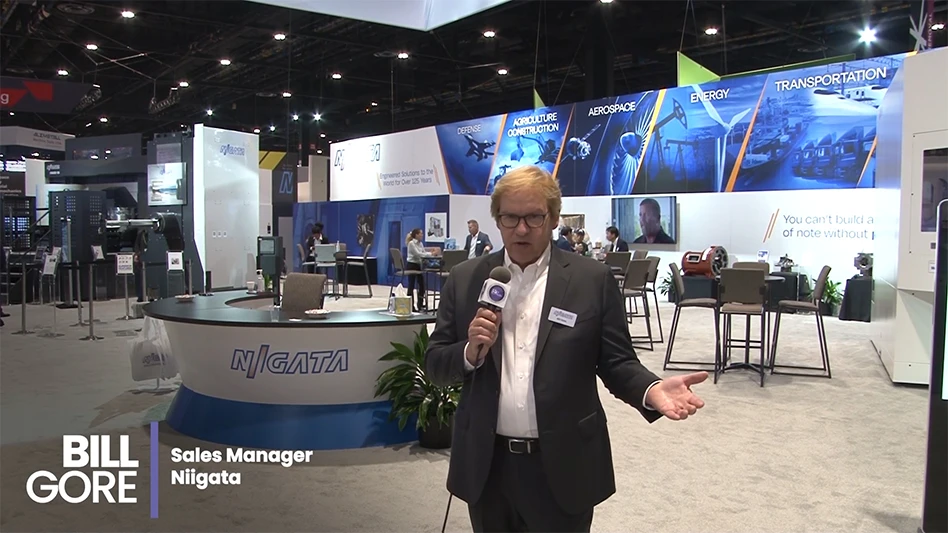
A new competition to build a presidential helicopter fleet was announced Feb. 16 by the U.S. Navy, which hopes to avoid the excessive cost overruns that made the VH-71 helo replacement program politically unpalatable and led to its cancellation in May.
The new program is dubbed VXX, for Presidential Vertical Lift Platform(s). A detailed listing of requirements for the new aircraft is given in a 27-page request for information (RfI), which asks interested parties to provide a response by March 3 no longer than five pages.
The document makes clear that no solicitation documents exist, but instead it is surveying industry to gather information in support of a new analysis of alternatives to replace the existing presidential fleet of VH-3D and VH-60N helicopters. The new aircraft are intended to begin operating in the 2017 to 2023 time frame, according to the announcement.
The VXX program is expected to produce at least two versions of the new helicopter - an executive model to transport the president, members of his family and heads of state, and a passenger-cargo variant to support the president. The RfI instructs interested parties to assume a "total aircraft buy of between 23 and 28 aircraft" - the same number of planned VH-71s.
The VH-71 program was controversial on both supplier and cost grounds. Supports of Connecticut-based Sikorsky were unhappy the company lost to a Lockheed Martin-AgustaWestland team that, while building more components in the United States than Sikorsky, nevertheless based its aircraft on an Italian-designed helicopter manufactured in England and completed in the United States.
Costs for the VH-71 also rose exponentially when a series of new security requirements were imposed after the terrorist attacks of Sept. 11, 2001. The Navy bore the brunt of public criticism for the cost growth, although White House security agencies had more to do with changing the requirements.
A final embarrassment took place shortly after President Obama took office in early 2009, when Sen. John McCain, R-Ariz., defeated in the presidential contest by Obama, asked him at a public news conference why he was buying a helicopter "that cost more than a 747" airliner. Obama said he didn't know he needed a helicopter that cost so much - perhaps a final death knell for the program.
Although McCain was unable to document his claim, the Pentagon canceled the VH-71 program May 15, beginning a search for a new replacement.
The presidential helicopters are flown and maintained by Marine Helicopter Squadron One, or HMX-1, based in Washington. The Navy handles all acquisition for the Marines.
Latest from Aerospace Manufacturing and Design
- OMIC R&D hosts Supporting Women in Manufacturing Day 2024
- 4D Technology's AccuFiz SWIR interferometer
- Seventh Lockheed Martin-built GPS III satellite launches
- KYOCERA AVX's CR Series high-power chip resistor
- UT researchers receive Air Force grant for wind tunnel
- Monticont's linear voice coil servo motor
- FAA certifies Pratt & Whitney GTF engine to power the Airbus A321XLR
- Wevo's silicone gap filler





